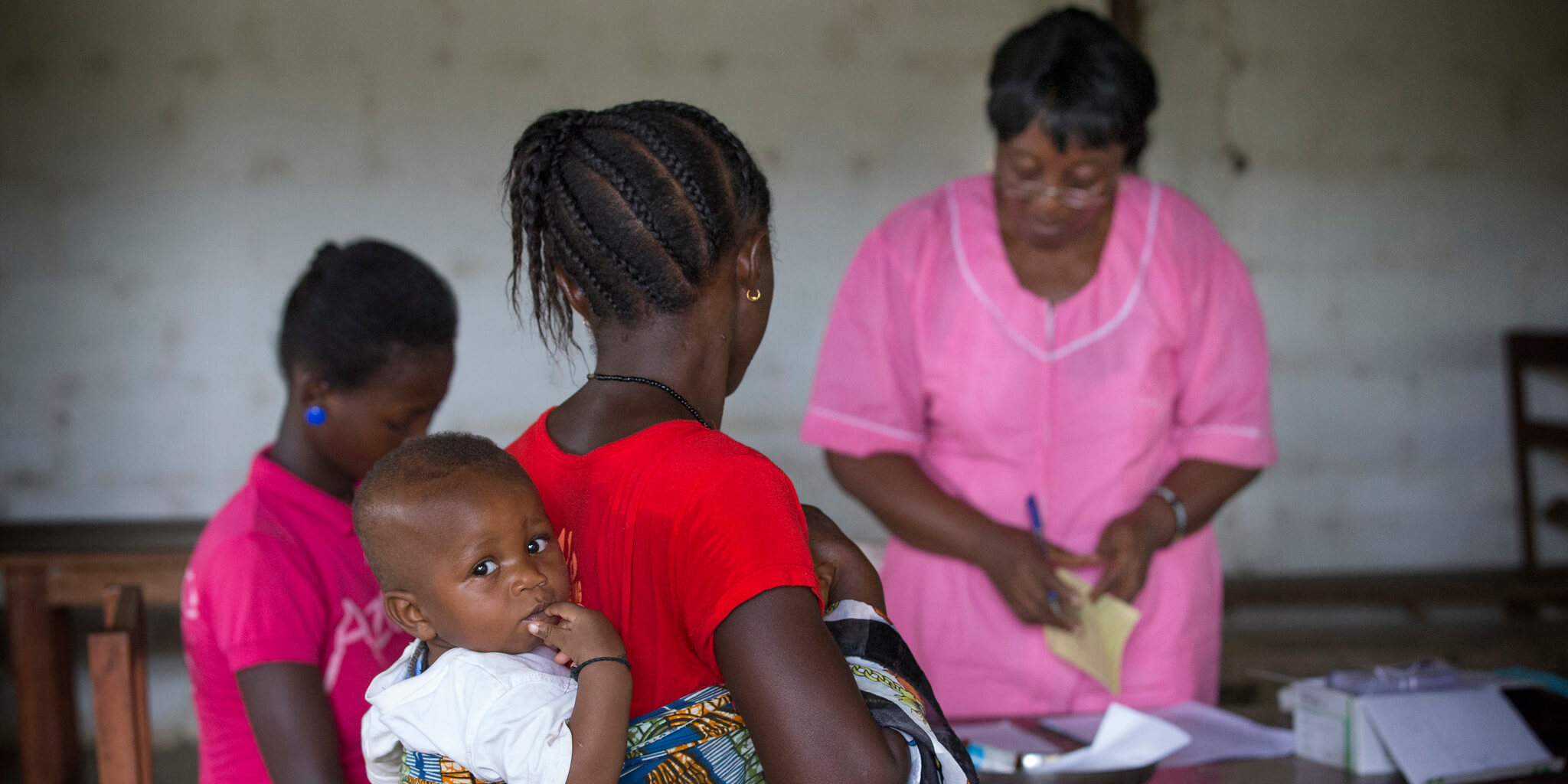
By Christie R. House
December 1, 2022 | ATLANTA
The sooner you get counseled and tested for HIV, the better are your chances to live longer.
Agatha K. – Ganta UMC Hospital, Liberia
Four decades into the world’s HIV response, inequalities persist for the most basic services, such as testing, counseling, treatment and consistent access to life-saving drugs, condoms and the availability of new technologies.
Southern Africa is the most heavily affected by HIV, with 20.6 million people – 54% of all people living with HIV in the world. Western Africa, with 5 million people living with HIV, has the third highest burden of people living with HIV in the world. Through its Global Health program, Global Ministries has been making significant investments in the countries in these regions.
In countries where Global Health is supporting the local United Methodist health boards in implementing maternal and child health programs, HIV prevalence is three times higher among women aged 15 to 49 years (1.1%) than among men of the same age (0.4%) and twice as high among young women aged 15 to 24 years (0.46%) than among young men of the same age (0.22%).
Global Ministries and the African UMC are ensuring that all pregnant and breastfeeding women know their HIV status, and those living with HIV are linked to life-long antiretroviral therapy. Patients achieve and sustain viral suppression before delivery and during breastfeeding through improved access to health services as a means of addressing the health inequalities. Through several years of community participation, Global Health and United Methodist health boards have been meaningfully complementing health facility interventions, contributing toward epidemic control in the countries.
Over the past four years, these interventions have reached approximately 75,000 women and children through United Methodist hospitals and clinics across Africa.
At a time when domestic resources for prevention programs are diminishing and dependency on external resources for antiretroviral commodities remains high, programs implemented by Global Health and UMC health boards are currently supporting about 20,000 pregnant women in the episcopal areas of Sierra Leone, Liberia, Nigeria and the Democratic Republic of the Congo. This support includes access to quality reproductive health services and HIV testing and treatment service to pregnant women, drastically reducing mother to baby HIV transmission.
Dona C., a patient at a UMC hospital in Western Africa explained, “I first came in contact with the virus while I was helping my friend who was seriously wounded in a fight. I was pregnant at that time and I came to this hospital to join the prenatal care service. On my first day at the hospital, one of the midwives directed me to the HIV/friends unit for consultation. It was here that they told me that I tested positive for HIV. At first, I was devastated, but the staff was easy-going in educating and encouraging me to feel free to enjoy life and to take my drugs from the hospital regularly and accordingly.”
As the COVID-19 pandemic spread and now lingers in many countries, inequalities in HIV and AIDS treatment and lack of access to medical treatment in general have become more apparent. This exacerbates the dangers of contagious disease for everyone. The end of AIDS can only be achieved if all people tackle the inequalities that drive it.
“We can end AIDS – if we end the inequalities which perpetuate it. This World AIDS Day we need everyone to get involved in sharing the message that we will all benefit when we tackle inequalities,” says UNAIDS Executive Director Winnie Byanyima. “To keep everyone safe, to protect everyone’s health, we need to Equalize.”
On World AIDS Day, join Global Ministries in prayer and work to support meaningful action to ensure equalizing access for all people affected by HIV and AIDS. Give to Advance #982345.
Christie R. House is a writer and editing consultant with Global Ministries and UMCOR.

